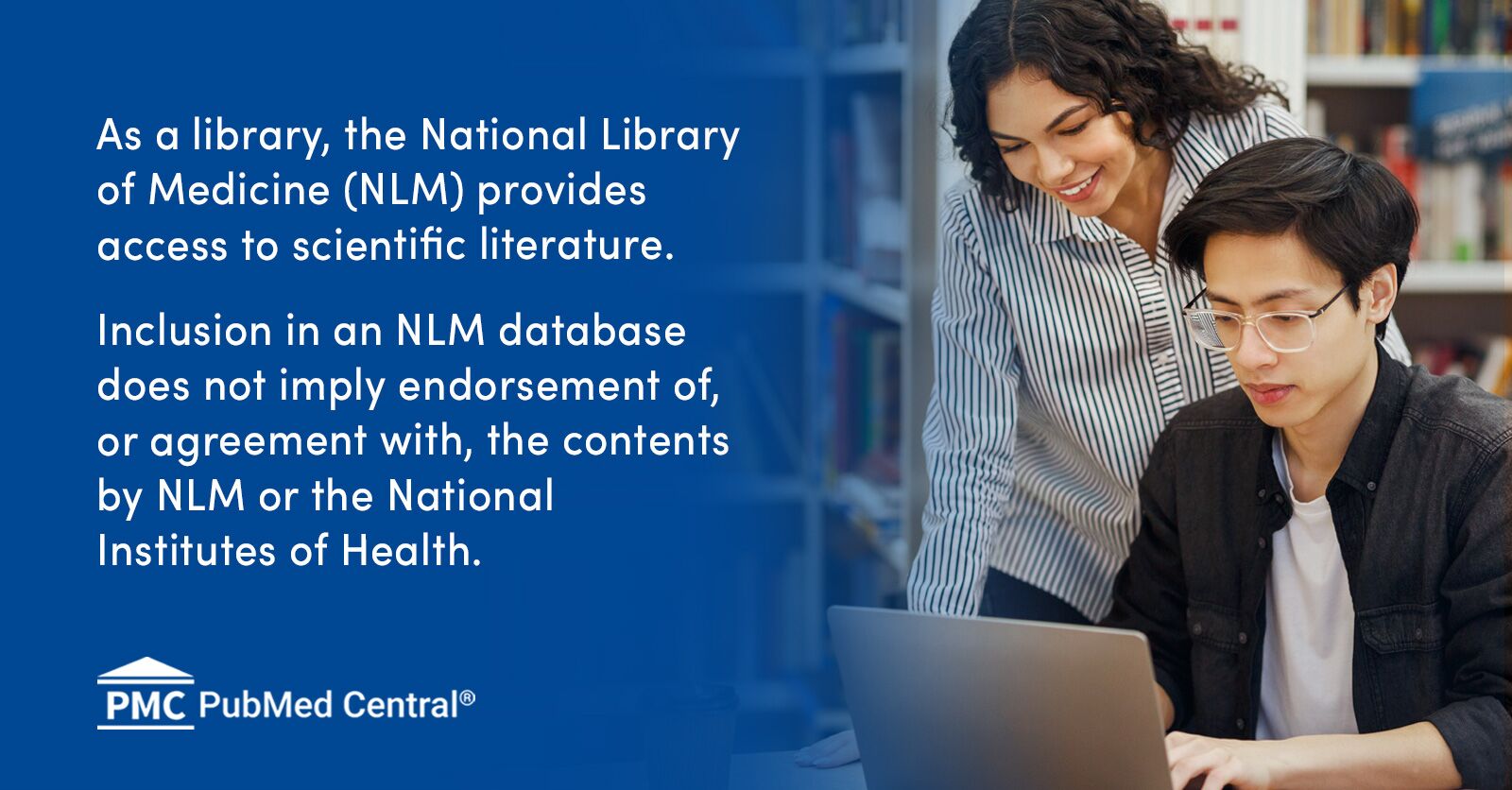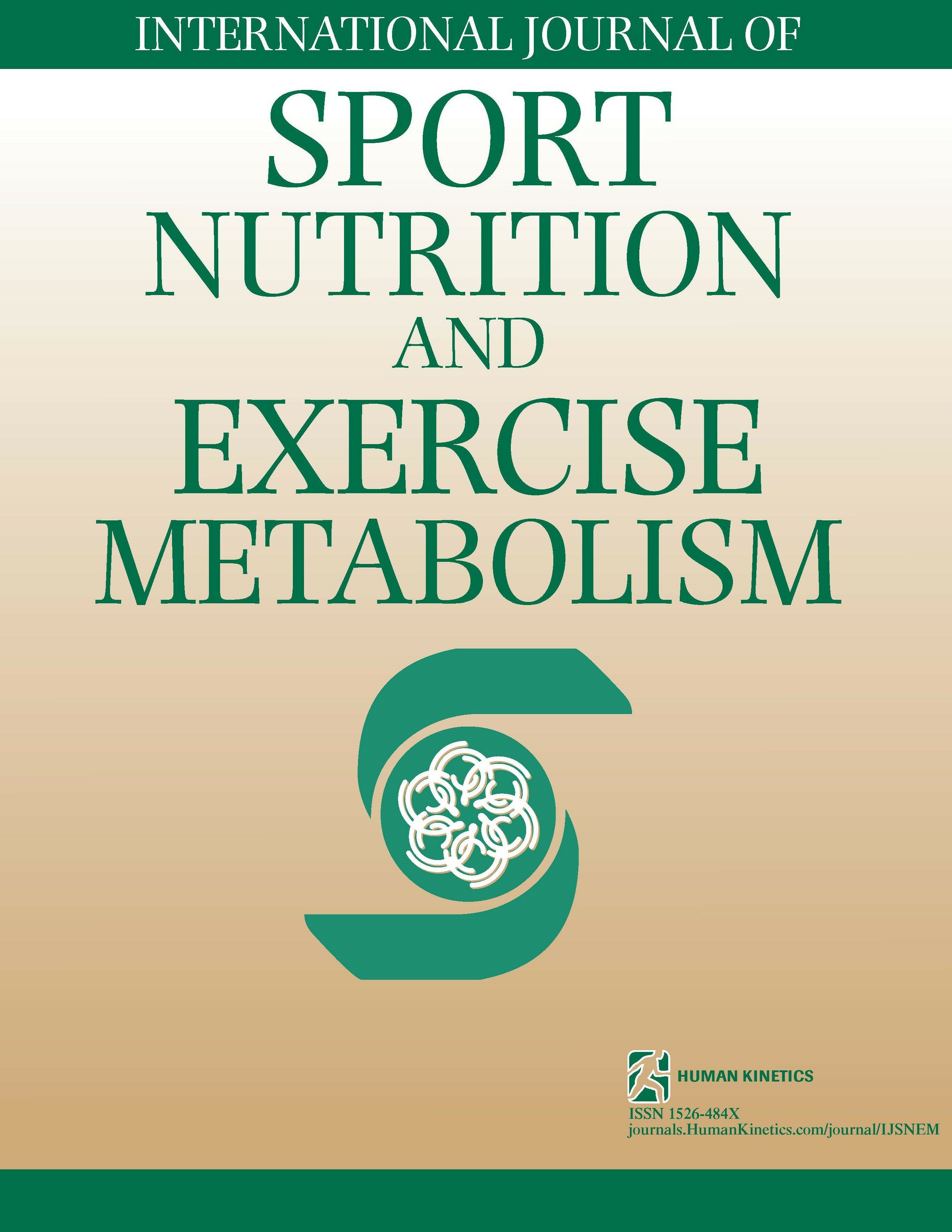BennyWalks
Level 3 Valued Member
After @LukeV 's post here Joint health supplementation , I got to considering trying supplements to help my golfers elbow rehabilitate faster. Additionally to the glucosamine, chondroitin, hyaluranoic acid, vitamin d, and multivitamin I already take.
First looked at astaxanthin and it looks promising - Knee Pain? Elbow Pain? Astaxanthin Will Help!
Long story short, I'm already on top of a basic rehab protocol, and going to do more research. Additionally, I'm willing to try supplements to help it heal as quickly as possible. I understand that the efficacy of supplements is debated. This is an extreme priority so I don't care about potentially wasting a small amount of money.
My sole concern: if I'm taking something such as astaxanthin...could the healing process actually be disrupted, by the symptoms being masked, resulting in my pushing too hard too early? Astaxanthin is touted as an extreme anti oxidant and increasing blood flow. Other supplements are touted as anti-inflammatory.
It seems common sense that the answer to my question is, 'no, if they do anything they will assist in the natural healing process, this is nothing like medicines which block pain signals (and you are being paranoid).' I was just hoping to get confirmation / refutation / any helpful info from more knowledgeable / experienced / intelligent people than myself, please.
First looked at astaxanthin and it looks promising - Knee Pain? Elbow Pain? Astaxanthin Will Help!
Long story short, I'm already on top of a basic rehab protocol, and going to do more research. Additionally, I'm willing to try supplements to help it heal as quickly as possible. I understand that the efficacy of supplements is debated. This is an extreme priority so I don't care about potentially wasting a small amount of money.
My sole concern: if I'm taking something such as astaxanthin...could the healing process actually be disrupted, by the symptoms being masked, resulting in my pushing too hard too early? Astaxanthin is touted as an extreme anti oxidant and increasing blood flow. Other supplements are touted as anti-inflammatory.
It seems common sense that the answer to my question is, 'no, if they do anything they will assist in the natural healing process, this is nothing like medicines which block pain signals (and you are being paranoid).' I was just hoping to get confirmation / refutation / any helpful info from more knowledgeable / experienced / intelligent people than myself, please.


